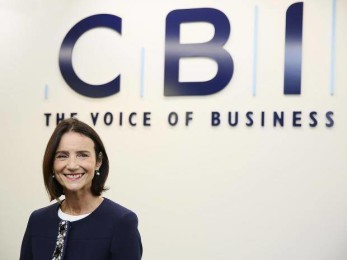 Online appointment software outfit BookingBug wants to work more formally with the channel.
Online appointment software outfit BookingBug wants to work more formally with the channel.
The company has worked with a few partners on an ad hoc basis but has decided to set up a more formal structure for resellers.
The increase in customer requests for online appointment systems as part of a digital transformation project is mostly behind the surge of interest in this area of the software market.
BookingBug alliances director Les Baker said the demand for a way to join online and offline customer experience had reached a point where it was time to formalise the programme and open up broader availability.
“It’s becoming normal for banks, governments and retailers to seek out new ways to improve the customer experience, especially online to offline. As channel partners see more demand, they have been approaching us in growing numbers”, he added.
Baker said that more customers realised that they needed to use technology to make sure they could manage the interactions with their most important clients.
He added that it was broadly looking for partners that fell into three segments. It had already signed some in the first category of implementation partners, with Field Dynamics having put the software into many public sector customers.
BookingBug is also courting technology companies, like accounting and CRM players that could integrate the software into their offerings. Finally, there are general resellers that are turning to the vendor when the opportunity arises.



















